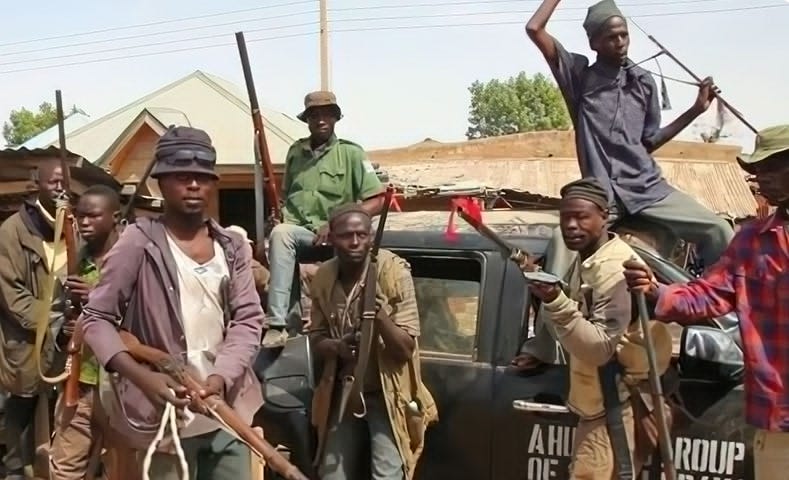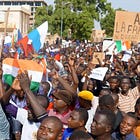Persecution of Christians in Nigeria: U.S. Designation as Country of Particular Concern and Potential US Military Action
There were over 7,000 Christian fatalities in the initial eight months of 2025, positioning Nigeria as a primary location for such incidents worldwide.
AFRICA — On October 31, the United States designated Nigeria as a Country of Particular Concern in response to ongoing religious violence affecting Christians in northern and Middle Belt areas.
This designation, which reverses a prior removal in 2021, requires evaluations of U.S. assistance to Nigeria and includes provisions for possible military measure…






